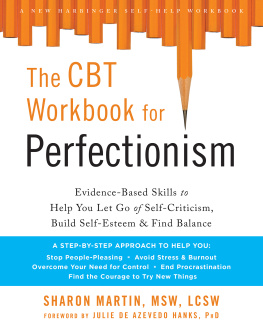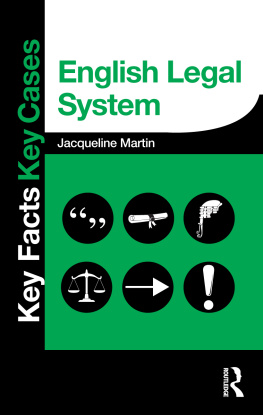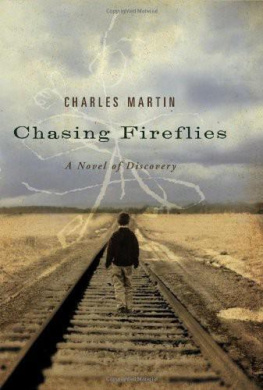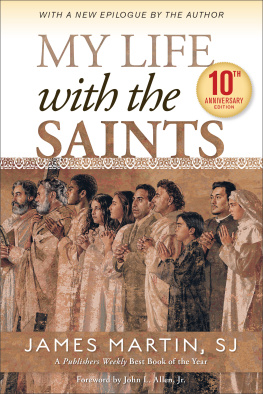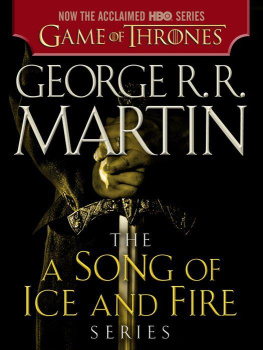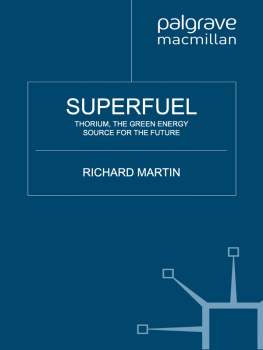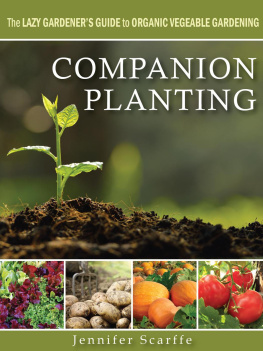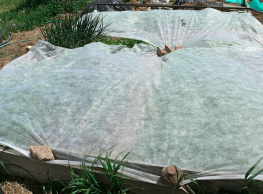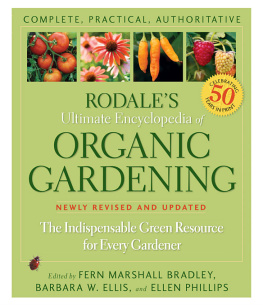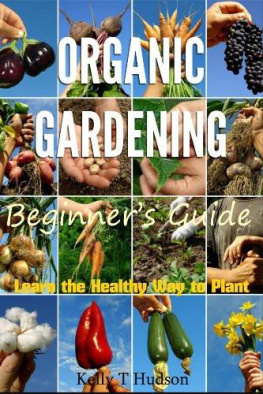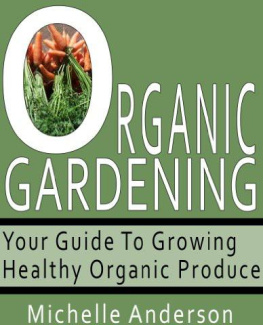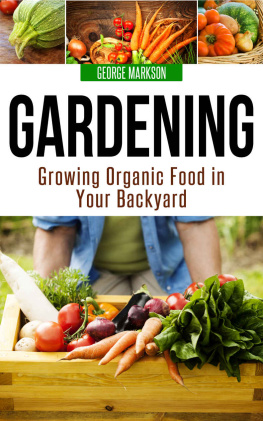Mention of specific companies, organizations, or authorities in this book does not imply endorsement by the author or publisher, nor does mention of specific companies, organizations, or authorities imply that they endorse this book, its author, or the publisher.
Internet addresses and telephone numbers given in this book were accurate at the time it went to press.
2014 by Rodale Inc.
All rights reserved. No part of this publication may be reproduced or transmitted in any form or by any means, electronic or mechanical, including photocopying, recording, or any other information storage and retrieval system, without the written permission of the publisher.
Rodale books may be purchased for business or promotional use or for special sales. For information, please write to: Special Markets Department, Rodale Inc., 733 Third Avenue, New York, NY 10017.
Printed in the United States of America
Book design by Carol Angstadt
Illustrations by Margaret Magrikie Berg
Illustrations on taken from originals by Signe Sundberg-Hall
Research by Anne Halpin White
Library of Congress Cataloging-in-Publication Data is on file with the publisher.
ISBN-13: 9781609619831 trade paperback
ISBN-13: 9781609619855 ebook

We inspire and enable people to improve their lives and the world around them.
rodalebooks.com
Gardening,
perhaps, offers more
opportunities to put
meaning and
productivity into our
lives than any other
leisure activity.
ROBERT RODALE

CONTENTS

W elcome to Rodales Basic Organic Gardening! Whether you are new to gardening or an experienced gardener who has been hooked on chemicals, this book will guide you through the process of planning, planting, tending, and harvesting a beautiful, successful, productive garden using organic methods.
In the pages that follow, youll find time-tested techniques and the latest practical gardening know-how, gathered from more than 70 years of Organic Gardening magazine and Rodale gardening books. , Getting Started, to learn how to choose and prepare a garden site, how to take climate into account in planning your garden, and what tools and equipment youll need to get going. Youll also find some simple garden plans to help you arrange your plants to make the most of your garden space.
Healthy soil truly is the foundation of an organic garden. In , along with complete care information for more than 40 surefire annuals and perennials for the flower garden.
Need to know what to do once the gardens planted? Turn to , Troubleshooting and Problem Solving, for organic solutions to common garden woes and ways to prevent them from ever getting a foothold in your garden.
, Organic Gardening Through the Seasons, details what to do when in the major climate regions of North America. Learn how to increase garden productivity with simple season-stretching techniques, how to get started saving seeds, and helpful hints for good garden record keeping. Finally, the Organic Gardeners Resource Guide includes sources of seeds, plants, tools, soil amendments, and everything else you might need to make your garden a success from start to finish.
Enjoy fresh, wholesome vegetables and herbs, chemical-free flowers and fruits, and the satisfaction of knowing youve done whats best for your health and for the environment. Organic gardening is right for you and right for the Earth, and getting started is as easy as turning the page and putting the collected experiences of seven decades of gardening experts to work in your garden.

GET TO KNOW ORGANIC GARDENING
I believe a whole new era of agricultural research is in the makingone that will help to create a healthy society and keep it in close touch with the land from which it gets its strength and sweetness.
J. I. RODALE, PAY DIRT, 1945
W here did organic gardening come from? Where is it going? Why does anyone garden organically? Why doesnt everyone? This chapter explores what it means to garden organically and how the term organic is used and misused, as well as how it relates to widely applied labels like green, natural, eco-friendly, and sustainable. Trends and movements in gardening and in food also are described.
While news coverage of dying honeybees and disappearing monarch butterflies may make it seem as if we are just beginning to recognize the costs of chemical-dependent agriculture, concerned farmers, naturalists, and citizen scientists have been sounding the alarm for more than 70 years. The Rodale name has been linked with organic farming and gardening methods in the United States since the 1940s. Heres a brief history of organic gardening, from the origins of Organic Gardening magazine to the present, in the words of third-generation organic visionary and current chairman and chief operating officer of Rodale Inc., Maria Rodale:

Maria Rodale
Most people do a double take when I explain that Organic Gardening was launched in 1942. Then they want to know who had the foresightand the courageto launch a magazine about a little-known subject that would become the mainstream movement we know today. Well, who else but some gardeners?
The first pioneers of the modern organic movement were minor members of the British nobility who were obsessed with gardening, farming, and soil, long the traditional reserve of the Empires landed gentry. Chief among them was British diplomat Sir Albert Howard, whose 1943 book, An Agricultural Testament, records his observations and research into traditional methods of composting while he was serving in India. Also in 1943, amateur soil scientist Lady Eve Balfour wrote The Living Soil, and agronomist Lord Northbourne coined the term organic farming and gardening in his 1940 book Look to the Land (revised second edition published in 2003). They believed that what was being done to the land, the soil, and the farms and gardens of the timeall in the name of progress and the advance of industrializationwould eventually destroy our health and the environment.
My grandfather, J. I. Rodale, was anything but an aristocrat. But he was living the American dreamrising up from the tenements of the Lower East Side of Manhattan to start a profitable electrical engineering business with his brother. He had everything except his health, and so became obsessed with finding solutions to this problem. Moving his family to a Pennsylvania farm, J.I. found the answer in the soil, realizing that if it was healthy, alive, and chemical free, it would produce healthier food and thus healthier people.


